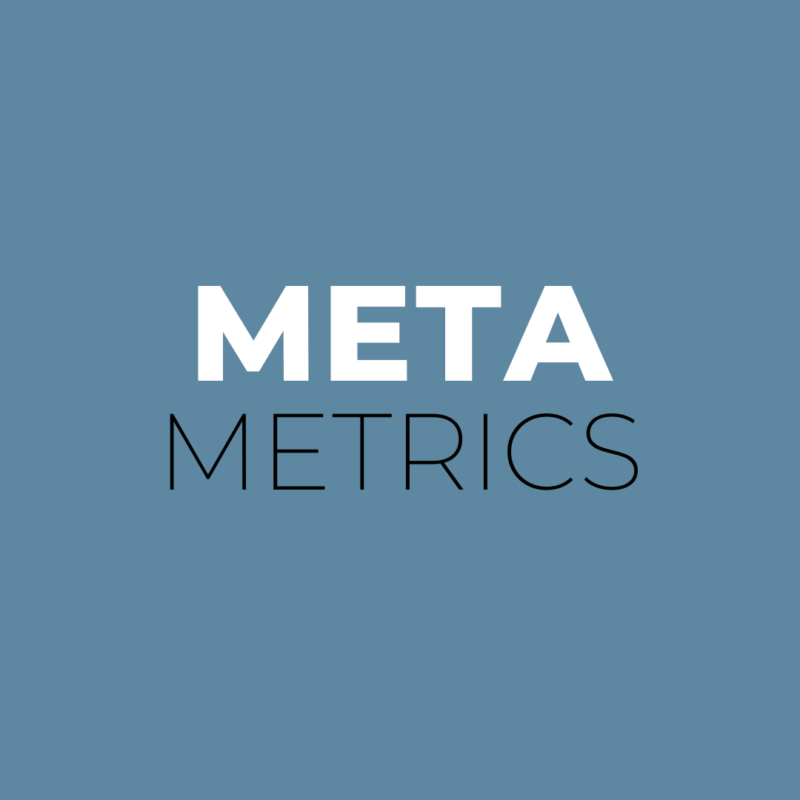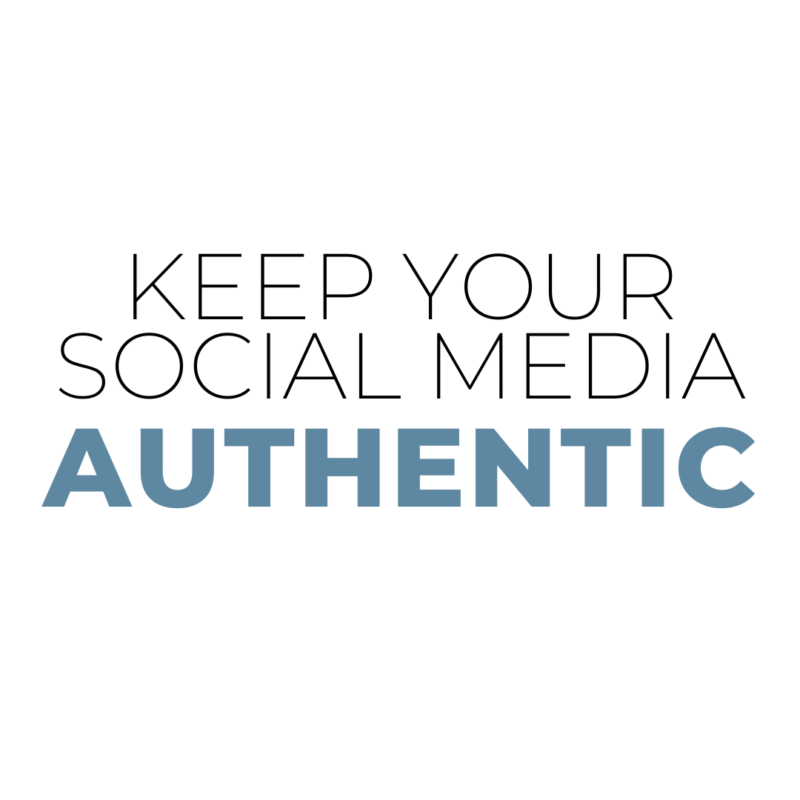PR Ethics in the Social Media Era: 3 Tips to Remember
Brian Williams “misremembered” being a passenger on a military helicopter that was shot down 12 years ago. Justine Sacco, a PR practitioner, sent a tweet on her way to South Africa that started as a joke and turned into the end of her career as she knew it. Although you may have forgotten about her by now, there are hundreds of stories just like these of people who made poor decisions and paid dearly for them.
In the days of social media, public shaming is more prevalent than it has been for the past 200 years, since criminals found themselves in stocks in town squares. I recently read an interesting article on the subject in the New York Times. Of course, the article made me think of myself – a young PR practitioner. While I generally try to put more thought into tweets, Facebook status updates or Instagram posts, Sacco’s situation could really sneak up on any of us given that there is little context in social media.
It also brought me to consider the code of ethics that we as PR professionals follow. (Yes, good PR people ARE ethical!) Below are a few key things to remember. If you want to learn more about our code of ethics, check it out on the Public Relations Society of America’s website here.
Be honest.
This seems to go without saying, but don’t lie. Don’t lie about anything. When I think about Brian Williams’ situation, I can only think about how little it matters in the grand scheme of things whether he was in a helicopter that got shot down. He can report on the conflicts in the Middle East just as effectively if he wasn’t in that helicopter.
Beyond blatant lies, there are plenty of ethical issues involved with not “technically” lying, either. For example, a business may want to have its employees write good reviews online to counteract bad reviews. As a PR professional, I have advised against this very thing. It’s dishonest to have these people go out and pretend they’re unbiased and have no financial interest in the success of the business, even if they are technically customers. Does that mean that employees can never write online reviews? No. But it does mean they should fully disclose their employment status with the company when they do it.
Would you want your grandmother or your biggest critic to know?
At just about every school assembly, my high school principal used to remind us that “integrity means doing the right thing when no one is looking.” When you’re presented with a dilemma, ask yourself what you’d think if someone else found out. Would my grandmother like if I did this? Even more importantly sometimes, would my biggest critic look kindly on it?
When considering a course of action I’m unsure of, I’ve often brought it to friends, co-workers or other trusted sources. This goes for the text of an email I’m sending or even the advice I’m presenting to a client. That second set of eyes has been quite valuable to me in my career.
When in doubt, don’t.
If you’re on the verge of sending a tweet that makes you think for even a second that it may not be well received, don’t send it. I’m sure the Kenneth Cole staff that approved the #Cairo tweet during the unrest in Egypt a few years ago would have given anything to take it back. But on the Internet, nothing can ever truly go away.
Got any ethical dilemmas or considerations you’ve experienced in life or at work? Leave them in the comments!


